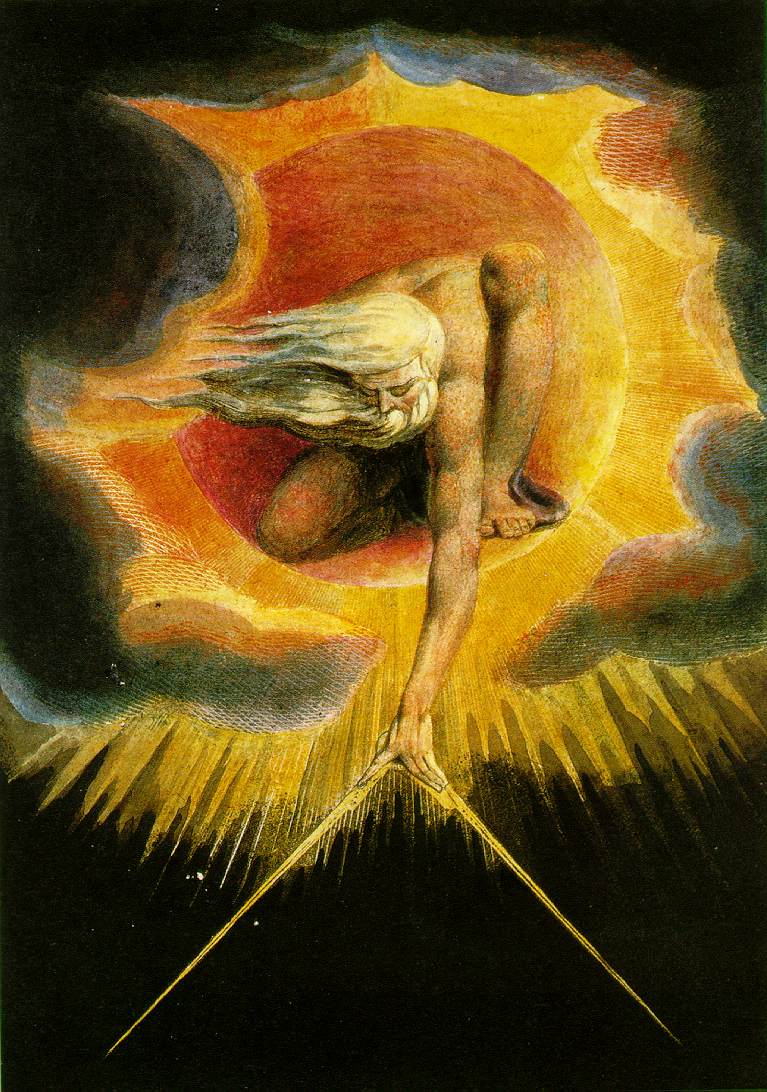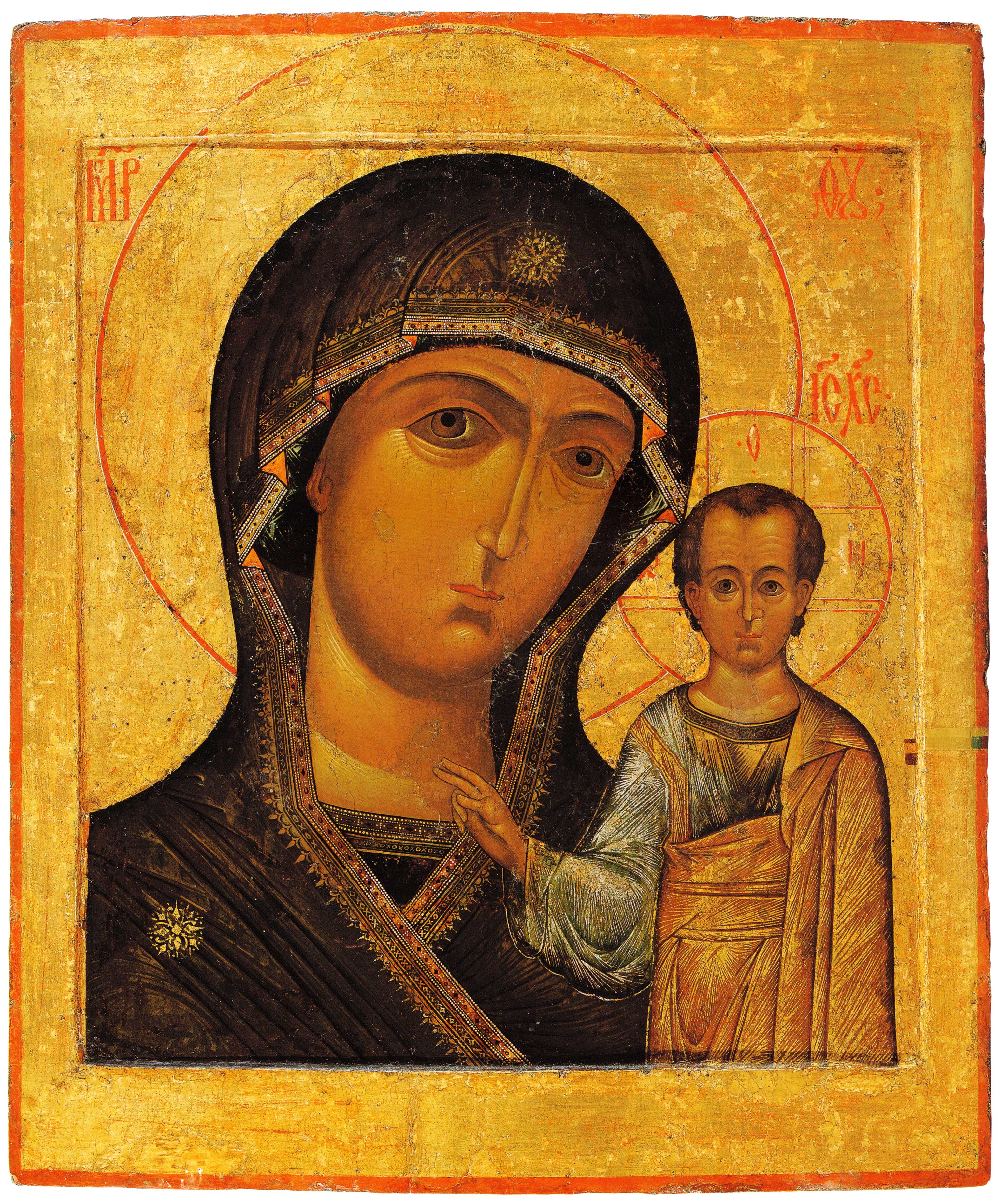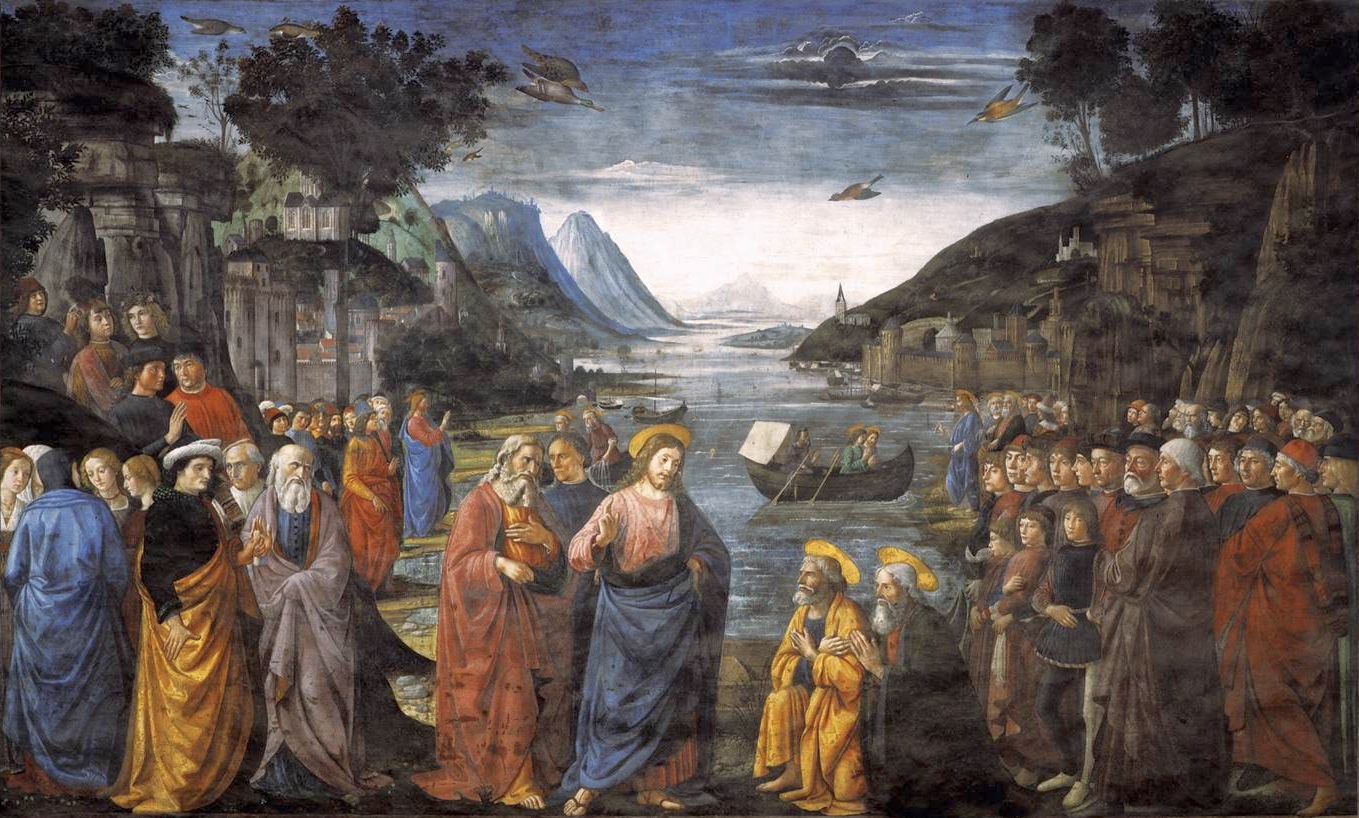By Sharon Nelsen
Don’t you love the dialogue, the back and forth, the
bartering of man with God that Abraham drawing nearer to God, initiates with
the question, “Will you sweep away the innocent with the guilty? And, in all
boldness, Abraham concludes with a declaration: “Should not the judge of all
the world act with justice?”
That passage in Sunday’s reading from Genesis is another
development in the dialogue with Adam and Eve, (Genesis 3.9) in which God
initiates the conversation with his question, “Where are you?” Humanity, created in Love by Love is not
afraid to tell God they are afraid.
Rather, it seems, dialogue with the Deity has a positive
effect, according to the psalmist: “When I called you answered me; you built up
strength within me.”
It would seem that God wants a great loving relationship with
each person and with us collectively as church:
“even when you were dead in transgressions…he brought you to life along
with him.” (Colossians) Life is brought
to us through the word.
By the time we arrive at the great intersection of time,
God is speaking face to face with all of us in the fully human, fully divine,
Jesus, who not only instructs us as to how to pray, but gives us another impetus
to persistent dialogue in the story of the man who bothers his bedded down
friend for bread so he can feed his late night unexpected guest.
In case we still haven’t grasped that we do have
“permission” to address I AM in all circumstances, Jesus gives us pre-dialogue
instructions that are for “everyone.”
“Ask and you will receive; seek and you will find; knock
and the door will be opened to you.”
In the event that we would suppose that Our Father God is
like us with a list of caveats and exceptions, Jesus challenges us to, in the
very least, think of God as being as helpful as flawed humanity: “What father among you would hand his son a
snake when he asks for a fish?”
It is clear that our tradition forms and fosters us to be
in dialogue with our Creator. Though we
accept that tradition intellectually, when we are faced with one more challenge,
we might be flooded with emotions, run desperately to the door and pound,
hoping for a “solution.”
And therein is our the conflict: We are looking for answers and Jesus is
promising “How much more will the Father in heaven give the Holy Spirit to
those who ask him?” When we are looking
for answers, usually we have assessed the situation in our terms, come up with
a list of possibilities, and in, in a sense, we are asking God to “pick
one.” We are still in control; we know
“what’s best” generally, just not specifically in this situation. We are not dialoguing with God, we are
demanding.
So how do we move from helter-skelter demanding of solutions
to authentic dialogue with God? Honesty
is a good beginning in any relationship.
Yet, our true feelings might surface before our true thoughts and we are
not comfortable being honest about our feelings, especially when they are
churning rapidly and sporadically through us and we can’t quite name them.
Am I able to move this messy me, this wildly upset person
pounding at the door desperate for answers, into honest dialogue with God? Am I able to say or scream out my pain, my
conflicts, expose my chaotic self?
Jesus promises us that the “at least as good as one of us”
God will hear us and will send us the Holy Spirit, the Comforter, the Advocate,
the Divine Power who activates our gifts
of wisdom, understanding, counsel, fortitude knowledge, piety, and awe of God. What more do we need?
What might block us, even as we accept God’s gift of the
Holy Spirit as the “answer” to our prayer, is the false belief that now it is
our singular mission, we have to do it all by ourselves. Would a good parent expect each child to have
all of the talents and gifts of the family?
Would any parent knowingly burden their child with problems beyond the
child’s capabilities? The “at least as
good as one of us” God has empowered all of creation, and gives us each other
so that we can work together, sharing our gifts to bring health, wholeness and
healing to each situation, each relationship set before us.
This is indeed Good News!
Being able to talk things over, letting go of our agendas as we move
into deeper dialogue with our Creator, our Father, our Friend, our Love, might
transform us just a bit and subsequently the world in which we live and move
and have our being.





